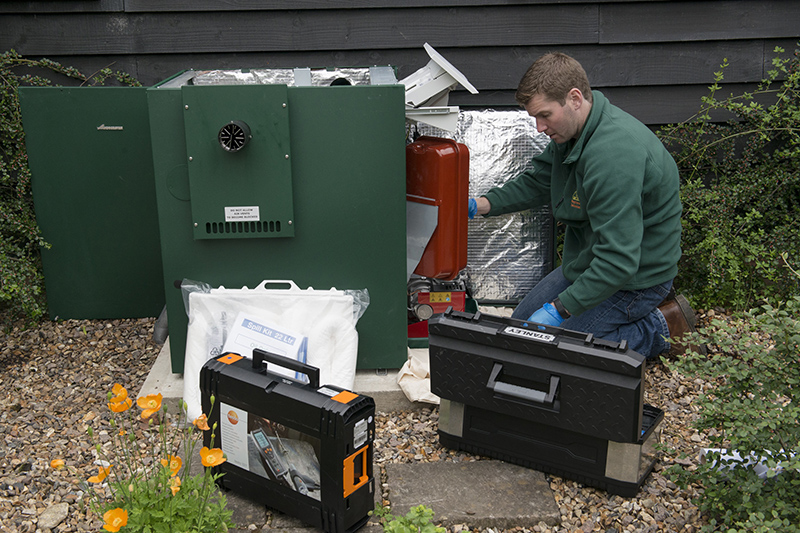
OFTEC Chief Executive, Paul Rose, says it is time to target emissions, not technologies, in the race to decarbonise heat.
Most people agree that action is needed to reduce the carbon emissions generated from heating people’s homes – but when it comes to the best way to do it, this same consensus of opinion distinctly la0cking.
Most discussions focus on the technology required to achieve results and the arguments rage back and forth, with each side claiming its solution offers the most credible answer.
For buildings on the gas grid, the existing heating industry is promoting hydrogen while its opponents propose low carbon electricity and the use of heat pumps. For off gas grid homes, existing industries are focused on biofuels, while electric heating is again promoted as the leading alternative.
The government, quite rightly, wants to make choices based on evidence and has commissioned a considerable amount of research into how to decarbonise heat. The problem is that the evidence so far shows that all the technologies have their virtues and their vices. None is perfect; it all comes down to the best fit for each individual home and crucially, to cost.
Impact on households
The impact on the consumer is particularly important because the next steps needed towards decarbonisation will directly involve households in a way that has not happened up to now. The measures required will affect the very fabric of people’s homes, cause disruption to their everyday lives and potentially deplete their bank balances.
There are also the potential political consequences to consider should the chosen solutions turn out to be unpopular or expensive. The challenge for politicians has always been how to deliver the transformation needed while keeping the electorate on board.
Technology neutral
So, what if the best course of action for government was not to make a choice at all? Instead of trying to pick winners, would it simply be better to set appropriate carbon intensity targets in line with government’s strategic goals and then encourage all the potential technology players to meet or exceed these?
This is broadly the idea proposed by the Sustainable Energy Association in its recent policy document, ‘Achieving Net Zero – Regulating the Decarbonisation of Heat’, and it certainly has some merit. Not least because it potentially allows for the range of solutions that are needed to cope with the messy reality of the decarbonising the UK’s housing stock.
The approach could, for example, overcome the practical difficulties of retrofitting heat pumps into older homes. The argument here isn’t whether this can be done but whether it can be done at a price the owner would be willing and able to accept. So, if a heat pump is too expensive, perhaps a boiler running on a liquid biofuel would be a more attractive alternative – particularly if it means the existing appliance can be converted at low cost, rather than entirely replaced.
Target focus
Regulation by emission targets rather than technology creates a level playing field and naturally promotes competition between technologies, encouraging innovation and keeping prices down, both of which are good news for consumers. The idea is obviously in the government’s interests too because it makes it more likely that households will embrace the changes and that technology solutions will be forthcoming.
Government has so far committed to supporting major trials of heat pumps and hydrogen but done little or nothing to develop other sectors. It could be argued that alternative technologies such as bioliquids are niche solutions but given that off-grid homes are a key priority for decarbonisation during the 2020s – and the clock is already ticking – it would surely make sense to explore such options seriously.
One reason why this hasn’t happened is that some policy commentators see the UK’s off-grid homes as offering the perfect opportunity to develop the heat pump sector ahead of wider deployment. However, the age and condition of the UK’s 1.53m oil heated homes present a considerable challenge to this idea.
By contrast, extensive research shows retaining and upgrading existing oil heating systems while deploying a low carbon liquid fuel offers a more cost-effective and pragmatic route to net zero for these homes. It is certainly one that off-grid households would be likely to embrace.













